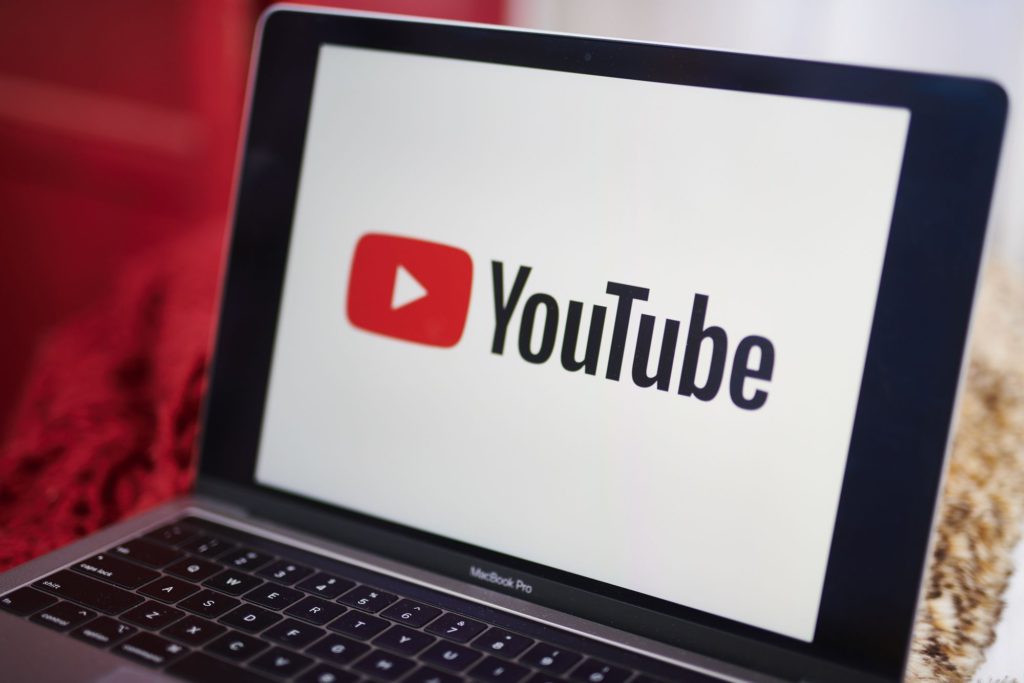(Bloomberg) — With sanctions on Russia ramping up following its invasion of Ukraine, Google’s YouTube is under pressure to remove or cut commercial ties with some of its most prolific pro-Russian channels.
The online video giant has a massive reach in Russia and has long been a popular platform for both government critics and state-backed media. But now officials in the U.S., the U.K. and Europe are discussing restrictions that could target groups and people with huge audiences on the platform, creating a dilemma for the Alphabet Inc.-owned business.
European Union sanctions, for instance, would target Vladimir Solovyov, a TV and radio journalist behind a YouTube channel with more than 1 million subscribers. An EU report issued on Wednesday said that “Solovyov is known for his extremely hostile attitude toward Ukraine and praise of the Russian government.” A four-hour video livestream published overnight on his YouTube channel about the Russian military attacks had over 2.7 million views within its first nine hours. That video also ran advertisements, at least for U.S. viewers.
Representatives for YouTube didn’t immediately respond to requests for comment.
Earlier this week, President Joe Biden banned the supply of “goods, services or technology” to entities operating in Ukraine’s separatist Donetsk and Luhansk regions. One TV network connected to the Donetsk separatists has more than 200,000 subscribers on YouTube and has published over 25 videos about the Ukraine conflict in the past day.
YouTube has ad partnerships with companies and figures in Russia that have been included on lesser sanction restrictions, according to Omelas, a geopolitical analysis firm. Those ties don’t break existing laws, but they show how deep Google’s commercial relationship is with groups close to Russia’s government, said Ben Dubow, an Omelas co-founder.
“At this point, they haven’t done anything illegal,” Dubow said of Google, where he previously worked. “But to expand their market into Russia, they’ve gotten into bed with really, really shady characters.”
Google is already facing a nest of political problems in Russia. In December, a Russian court ruled that the company had to pay fines that doubled every day after YouTube blocked an account owned by a sanctioned ally of President Vladimir Putin. Earlier in the year, Google removed videos and apps from Russia’s opposition figures after facing pressure from Russia’s government.
Sergei Hovyadinov, a former lawyer for Google in Russia and Eastern Europe, said that Russia’s telecom laws effectively force large tech platforms — including YouTube and Facebook — to comply with state requests to remove or reinstate content. “We are dealing with a very robust Russian propaganda machine,” he said.
YouTube labels videos from channels with state funding, including Solovyov’s account. The company added the disclaimer in 2018 after facing political scrutiny over the popularity of Russia Today on its platform.
“Kremlin and pro-Kremlin media is more dominant on YouTube than on Russian airways,” Dubow said. Channels tied to the Russian government or its affiliates have gotten more than 80 billion views, according to Omelas.
YouTube has previously argued that its platform is a vital outlet for critics of the government in Russia, where the state has close ties to broadcast media. In September, after YouTube removed videos from Russia’s opposition leaders, Chief Executive Officer Susan Wojcicki said that the company held free speech as a “core value” in the country.
More stories like this are available on bloomberg.com
©2022 Bloomberg L.P.











